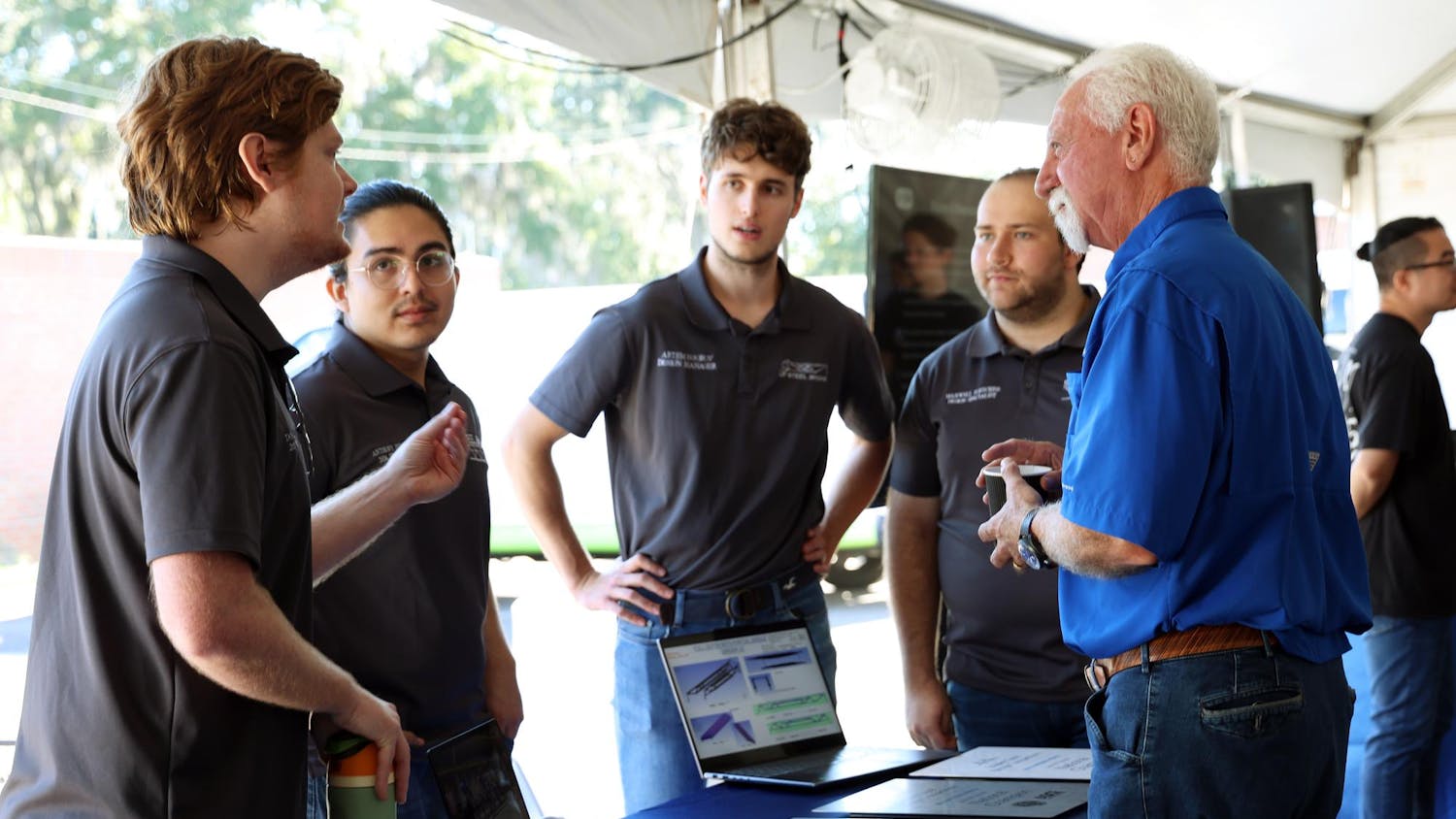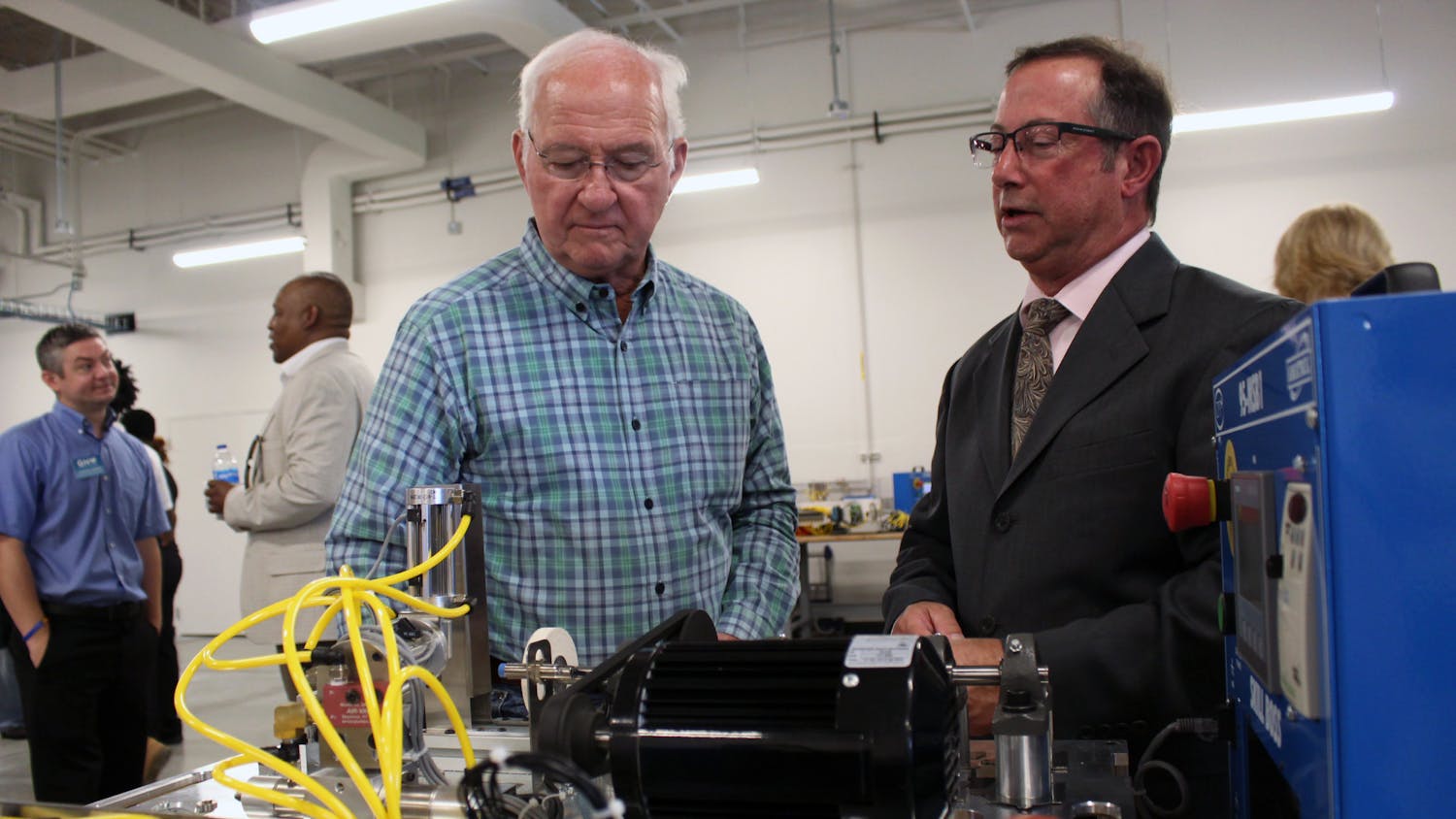We are living in exciting times.
Things are different today than they’ve ever been in the history of the world, and they’re changing all of the time.
When I was in elementary school, to have a cellphone with a color screen was a big deal. Now, in college, it’s standard for phones to have Internet access and make you pancakes.
Most of us live more comfortably than the kings of old did. In fact, trends show that there has been a clear increase in lifespan and income in nearly all countries over the course of the last 200 years.
Think of the technology that we use every day. For the majority of human history, those things didn’t exist.
The printing press didn’t exist until 1448. It took about 400 years after that for the telegraph to be invented. The time between the telegraph being invented and the Internet appearing in the public, however, is only about 200 years.
For most of human history, we didn’t even have farming.
I think that as our understanding of the world increases and as our level of technology increases, we are able to develop more and more quickly. Some futurist thinkers, such as Ray Kurzweil and Vernor Vinge, observe models of accelerating growth and predict a turning point: the Singularity.
What is the Singularity?
This is going to sound like science fiction, but trust me, it’s not. It will happen in our lifetimes, and we’d better be ready for it.
The Singularity is the point at which we’re able to create computers that are more intelligent than humans, and not just one human, but all of humanity. At that point, which has been predicted to be sometime in the next 20 to 30 years, our level of technology will be astounding already.
For example, Kurzweil predicts that we’ll have nanobots flowing through our veins, maintaining optimum functioning of our bodies.
Google’s exciting augmented reality glasses that so many of us are waiting for could very well be old news by then, too. Those are expected to be available in only a few years.
So imagine what will happen when a single machine is smarter than we are. What new moral dilemmas will arise?
Will we see the technology as alive?
What will happen to us as our bodies move toward steel and away from carbon? Will we enter a dark posthuman future or a bright transhuman frontier? Will we be more loving and empathetic than ever, or will we lose those feelings?
We can’t tell. It’s like humanity’s discovery of fire. Everything changed. Everything is changing.
Who could have predicted that the discovery of fire would lead to the construction of the Empire State Building?
We must contemplate the implications of having such power. We can’t be unprepared and just let the future hit us in the face. We have to be ready for this.
Don’t just laugh this off.
I’m sure there were people chuckling when scientists predicted that computers would beat chess champions in a game of chess. I’m sure people would have laughed if you had told them about Skyrim in the days of Pong.
Read up on the future. Ask yourself where you’ll stand on the upcoming moral dilemmas.
Just as important, though, is the need for scientists in public office. The future will be saturated in science, and we can’t have the scientifically illiterate making policy decisions.
Remember when Ted Stevens said that the Internet was a “series of tubes”? Hilarious.
We’re coming to a point when such ignorance will have dire consequences. We must hold ourselves and our policymakers to a higher standard if we’re going to survive the coming century.
Will we have the knowledge and wisdom to navigate the changing landscape successfully? Sitting back isn’t going to cut it.
We’d better get busy reading or get busy dying.
Brandon Lee Gagne is a UF anthropology senior. His column usually appears on Thursdays. You can contact him via opinions@alligator.org.





